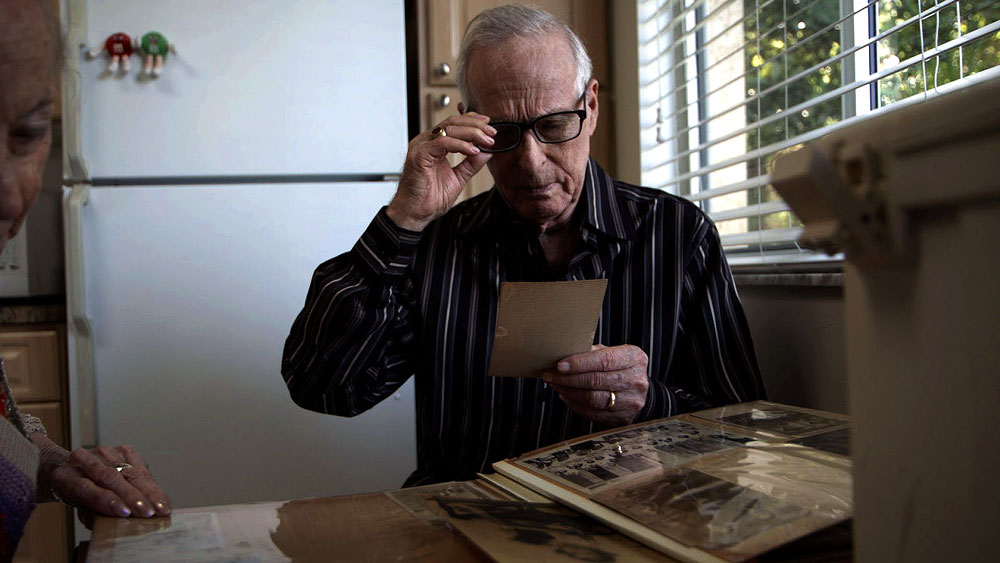The balmy air was hastily fueling a large thunderhead above as Vincent and I unloaded the gear outside of the home of Mitchel and Marilyn Libman. I couldn't help but feel like it was a late August rather than late March but such is the weather in south Florida.
Interestingly enough our first day of production started where our story begins. We were about to interview the man who tipped the first domino in the series of events that would lead to 25 previously denied men receiving the Medal of Honor.
Inside we met Mitchel, his wife Marilyn, and their son Wayne. I was intrigued to learn about the events and effort that pushed Mitchel to fight for the honor of his childhood friend Leonard Kravitz. As he talked we learned that Mitchel himself was a Korean War veteran and I couldn't help but think that this former soldier used his time abroad to prepare for the battlefields of valor at home.

He knew in his gut that something wasn't right. Leonard died valiantly protecting his platoon from an onslaught of North Korean troops in 1951 and was awarded the Distinguished Service Cross which is the second highest military recognition behind the Medal of Honor. Mitchel commented; "I don't think a cross is a very good award to give a Jewish boy". He saw the award as a direct insult to Leonard's Jewish heritage. So Mitchel began digging and what he discovered was that many Medal of Honor citations were quite similar to Leonard's Distinguished Service Cross citation. So Mitchel set about to set the record straight and make sure that his childhood friend received his proper recognition.
In the film you'll learn how he spent the next several decades writing letters, making phone calls, and talking to anyone in Washington who would listen to his request. What lies inside of that story is nothing short of amazing. His story illustrates the duality of valor. It can be a big act like laying your life down for your fellow soldiers or it can be a seemingly small act like simply making your life about honoring a fellow soldier. In both cases it takes a selfless spirit of sacrifice to protect the freedoms and honor of others.

This interview is what defined the central theme and story of Unforgotten 24. The media was quick to tag it as simple story of prejudice that was rightfully corrected, but in listening to his story I knew there was something much deeper to it than that. So we began searching for the answers to questions like: why were these men overlooked? What does it mean to live a life of sacrifice? And, why is important that we recognize those who fight for honor and liberty?
I can tell you the next couple of months will be an eye opening and enriching experience for all of us as we find the answers to those questions and learn the deeper parts of this amazing story of valor.
Stay tuned.


